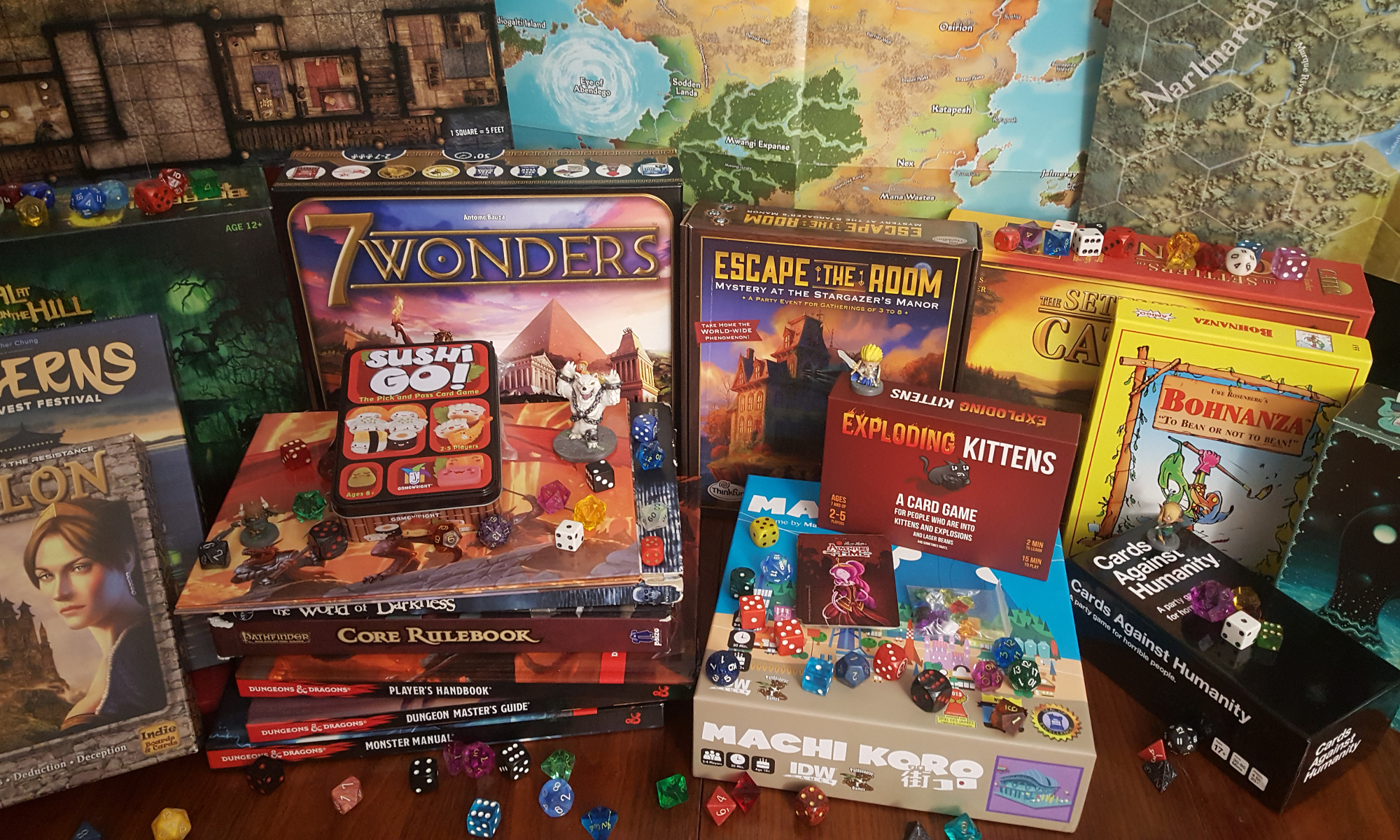Today’s episode is all about a specific brand of NPC ally – the cohort. For our purposes, a cohort is a character that the player has some control over, but not the level of control they may have over a player characters. They are common in some of the most popular RPGs and can be traced back to the very early days of Dungeons and Dragons. Join us as we discuss how they have been and can be used in RPGs both past and present.
One type of cohort that we didn’t speak of much today is the protégé. In any sufficiently gritty RPG, death is all but certain. Arguably the worst part of a character dying is that you can’t play without a character, so being dead is the worst thing that can possibly happen*.
Enter the protégé – the protégé is a henchman played with the explicit goal of being a replacement player character if the crap hits the proverbial fan. While the term “protégé” tends to bring to mind Robin to the player character’s Batman, a protégé is typically going to be only a level or two weaker than the player character – possibly even the same level.
The real strength of having a protégé, though, is that it gives you a backup character if things go downhill. While resurrection magic is frequently an option for your character (and we handled all sorts of things relating to character death in one of our first episodes), that doesn’t diminish the inconvenience of not being able to play until you “get better.” Enter the protégé – a character that has been previously prepared as a replacement PC in case of catastrophic character loss.
How do your properly introduce a protégé to a game? I’ve played in games where each player controlled multiple player characters, and that can certainly be a valid way to have a backup character available, and a protégé could certainly follow this pattern (with the caveats on balance we gave in this episode, of course), but there are other solutions. They could, for example, be apprentices or assistants who, rather than adventuring, perform tasks on behalf of their masters. They might be members of a lesser adventuring party, desperately hoping they will someday break into the “big leagues.” They might be a sibling, a friend, a lover, a parent or a child who takes up the mantle of the departed and continues their quests on their behalf. There could be any number of explanations.
The value of a protégé, though, is in that it prepares the game for what might be inevitable – the loss of a character and subsequent need to replace them, and it ensures that the replacement is handled more elegantly than, say, the introduction of a new character in the last season of a long-running series. It gives a sense of continuity, allows the player some experience with the character (as they should be afforded the partial control that comes with a cohort) and helps keep the game running smoothly. Finally, while it doesn’t completely take away the sting of death, it removes the long break in characterization that can result from it without cheapening the experience: a character is still lost, and there may be a very real setback as a result, but the player doesn’t lose everything as a result.
* As a general rule, any rule that makes you play the game less is a bad rule, but that’s a rant for another day.

